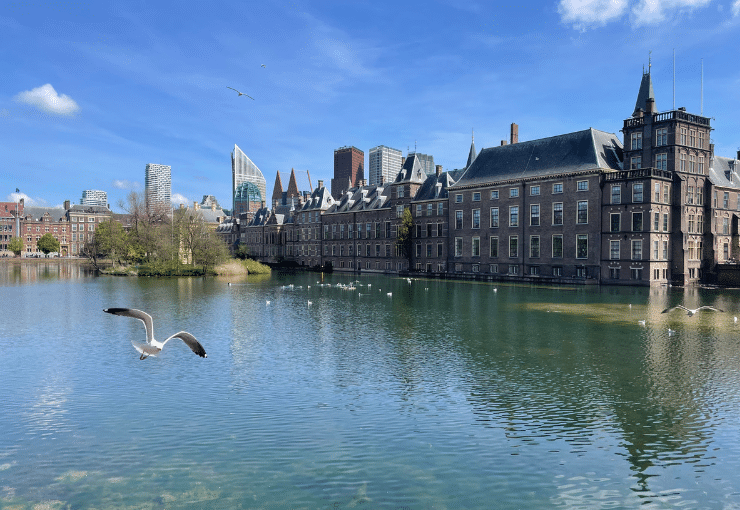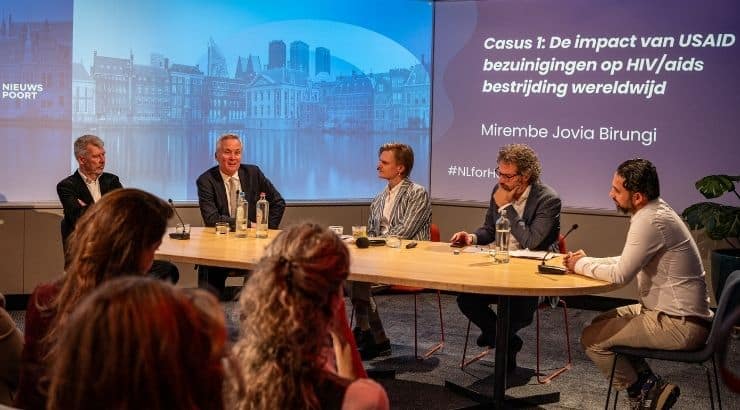Wemos critically follows the developments and outcomes of the Global Financing Facility (GFF) for Reproductive, Maternal, Newborn, Child and Adolescent Health. In a new interactive story, we tell about our efforts to create space for civil society engagement in the GFF, to influence and improve this global health initiative.
The GFF, established in 2015 and supported by the World Bank, is a key funder of Sexual Reproductive Health and Rights interventions in low- and middle-income countries, including Tanzania, Kenya, Uganda and Malawi. To ensure that global mechanisms like the GFF are truly aligned with the specific health needs of individual countries, engagement with local civil society is crucial.
Wemos has been working to create space for civil society to engage in an open, constructive dialogue with the GFF and to express shared concerns, based on the situation in their countries. Together with other civil society organisations (CSOs) we look at how the GFF’s processes and investments affect the health systems of countries receiving funds. We ask questions like:
- Do the GFF investments truly benefit children, adolescents, and women and structurally improve their sexual and reproductive health and rights?
- Is the GFF strategy in line with the concept of Universal Health Coverage (UHC) and its objective to leave no one behind?
- Are local CSOs sufficiently involved in the development and implementation of this global financing scheme?
Have a look at our interactive GFF story here.




